Looking for a city break? Try a ryokan experience in Japan – from omotenashi hospitality and natural onsen at Wabizakura in Akita to the Japanese-royal-family-approved Gōra Kadan in Hakone
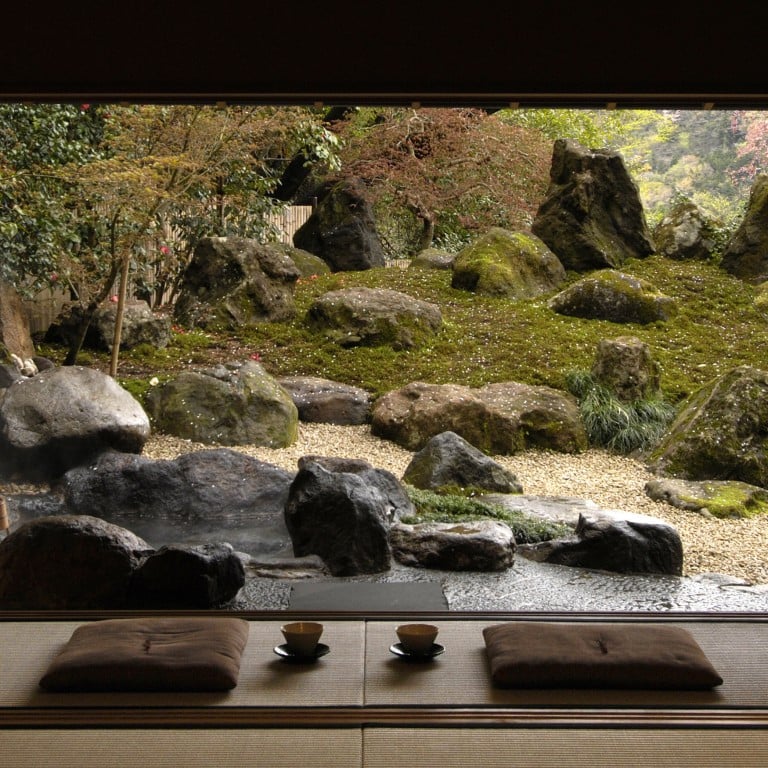
Japan is a country famed for not doing things by halves. Devotion to, and focus on, the activity at hand – whether that be office work, hobbies or even house work – is seen as admirable, and the term majime (meaning dedicated, earnest or even serious, depending on the context), is seen as a trait to be commended.
This dedication and pursuit of perfection is even prevalent when it comes to leisure and relaxation. Japan offers some of the most elevated options for relaxation anywhere, for those who want to switch off and immerse themselves in every way. Nowhere is this better demonstrated than in the embrace of onsen and ryokan culture.
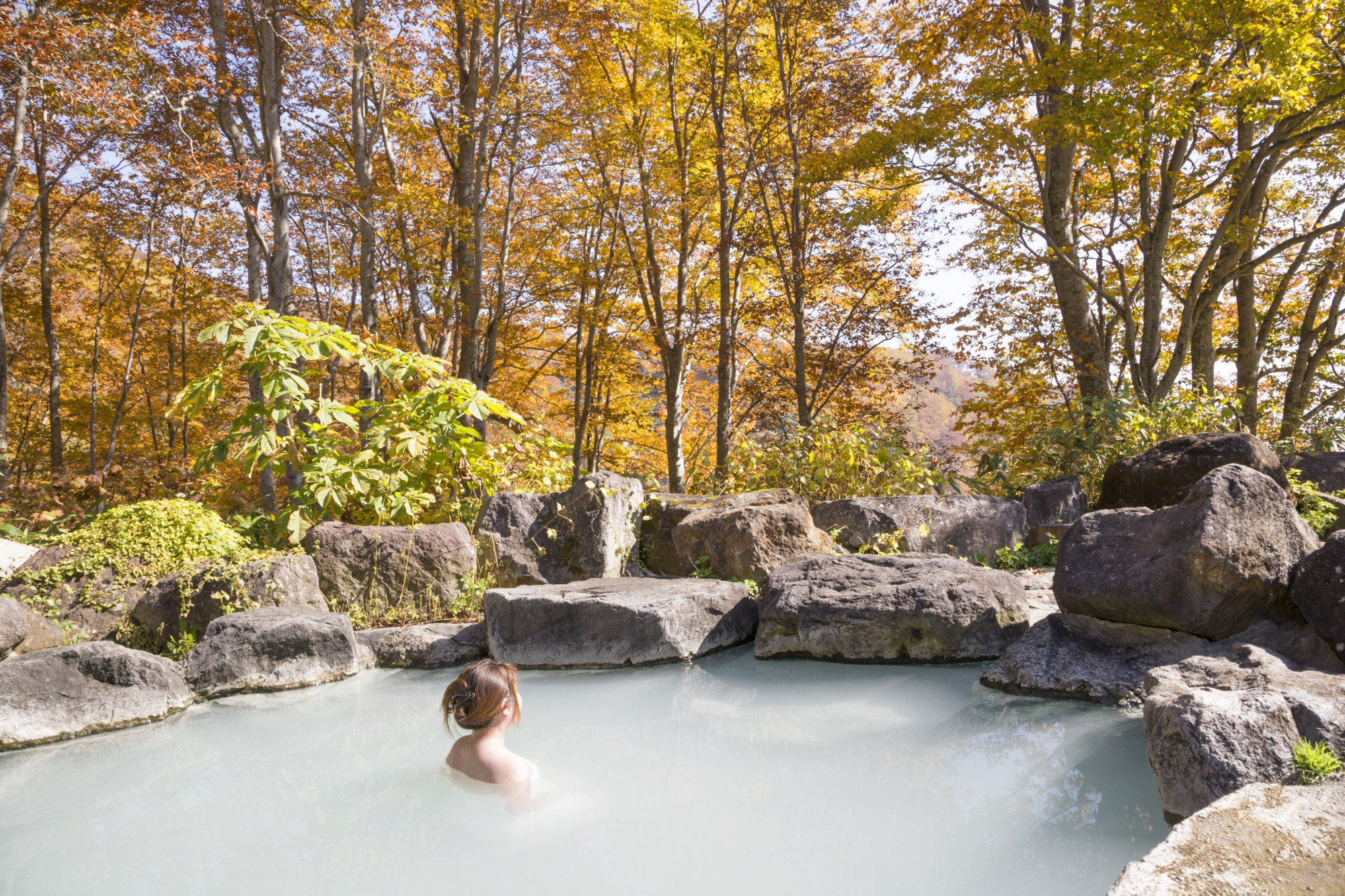
Origins of onsen culture
Onsen is the Japanese word for the naturally occurring hot springs that pepper the Japanese archipelago, from the frozen north of Hokkaido to the subtropical southern beaches of Kyushu.
How Thailand’s Maya Bay is balancing tourism with sustainability
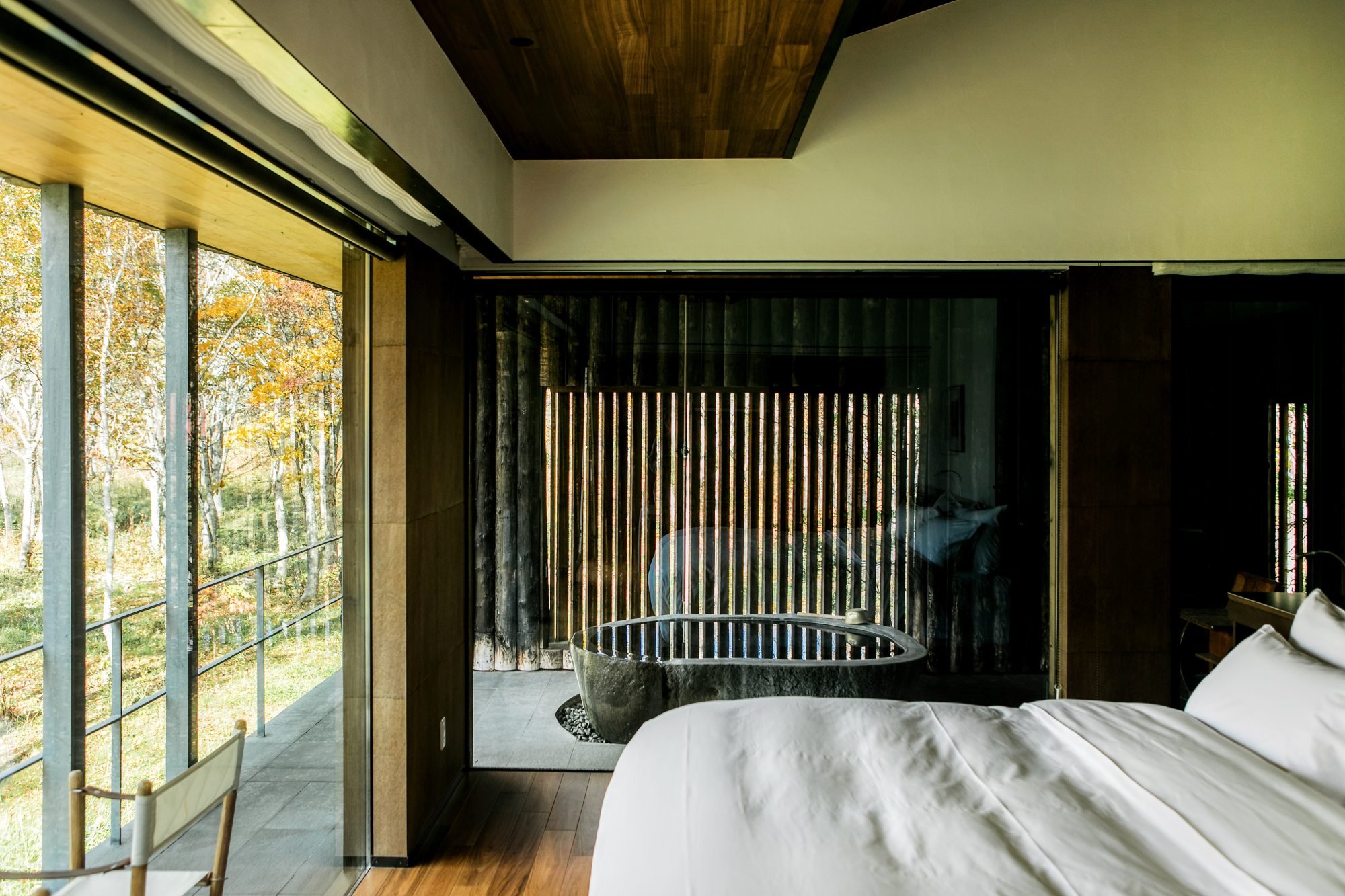
The bathing itself is much more than simply a chance to clean your body: in fact one of the most important rules when visiting an onsen is to be sure you wash yourself thoroughly before entering the bath. It is instead a ritual centred on cleansing yourself spiritually as well as physically.
This practice, with roots in Shinto beliefs, is said to offer cures and relief for a variety of ailments, with the different composition of water found up and down the country giving rise to a very particular kind of tourism.
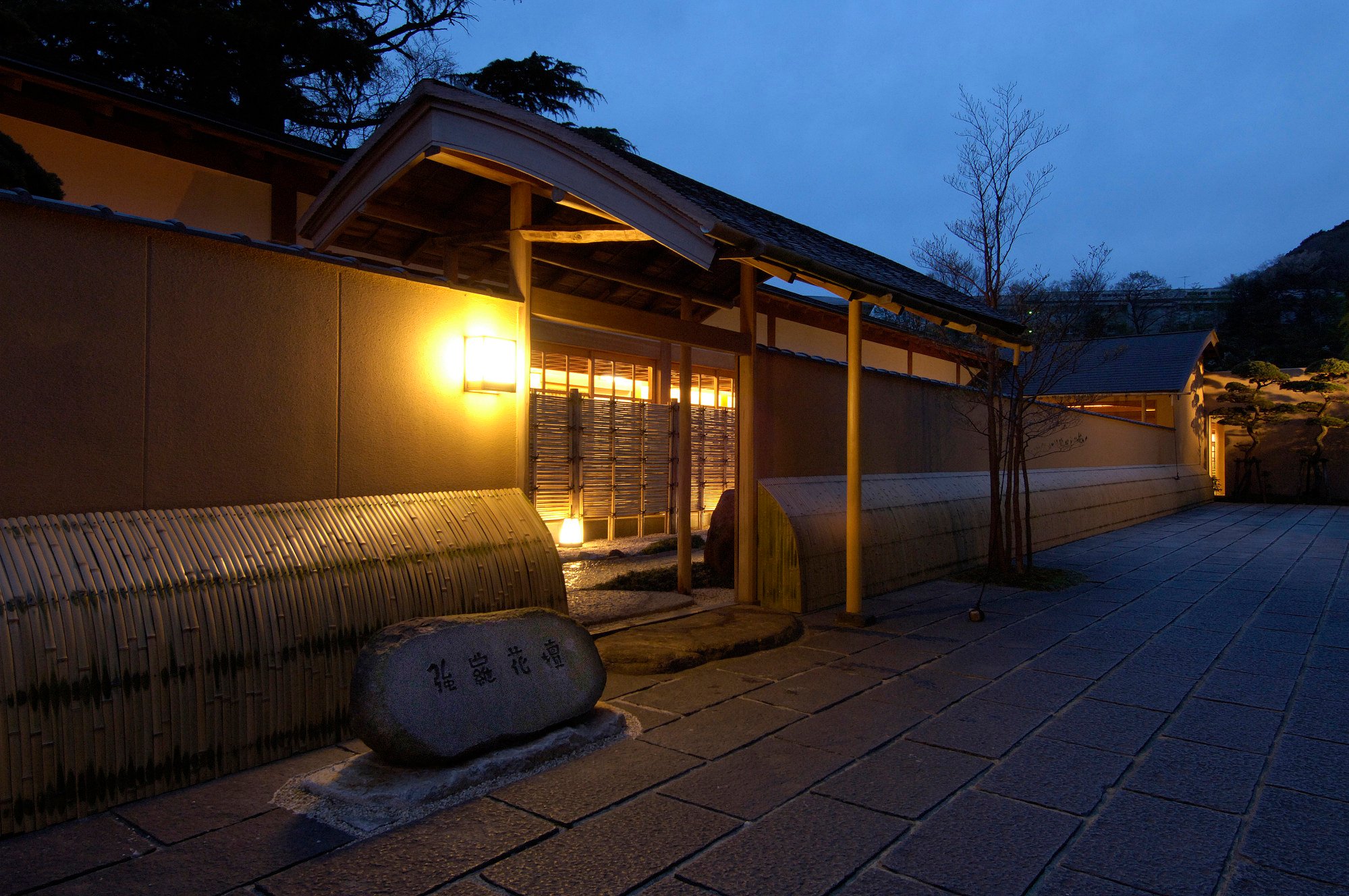
Evolution of ryokan
Traditionally, the inns promised the weary traveller a place to rest, recuperate in the waters and enjoy a filling meal before they continued on their journey. Today, ryokans offer Japanese and international visitors alike an authentic taste of local life and ways to enjoy their time outside the water. Meals are often served in traditional tatami rooms in the style of a kaiseki course menu, perhaps showcasing seasonal ingredients sourced from the immediate area.
5 new luxury hotels in Asia to look out for in 2023, from Bhutan to Tokyo
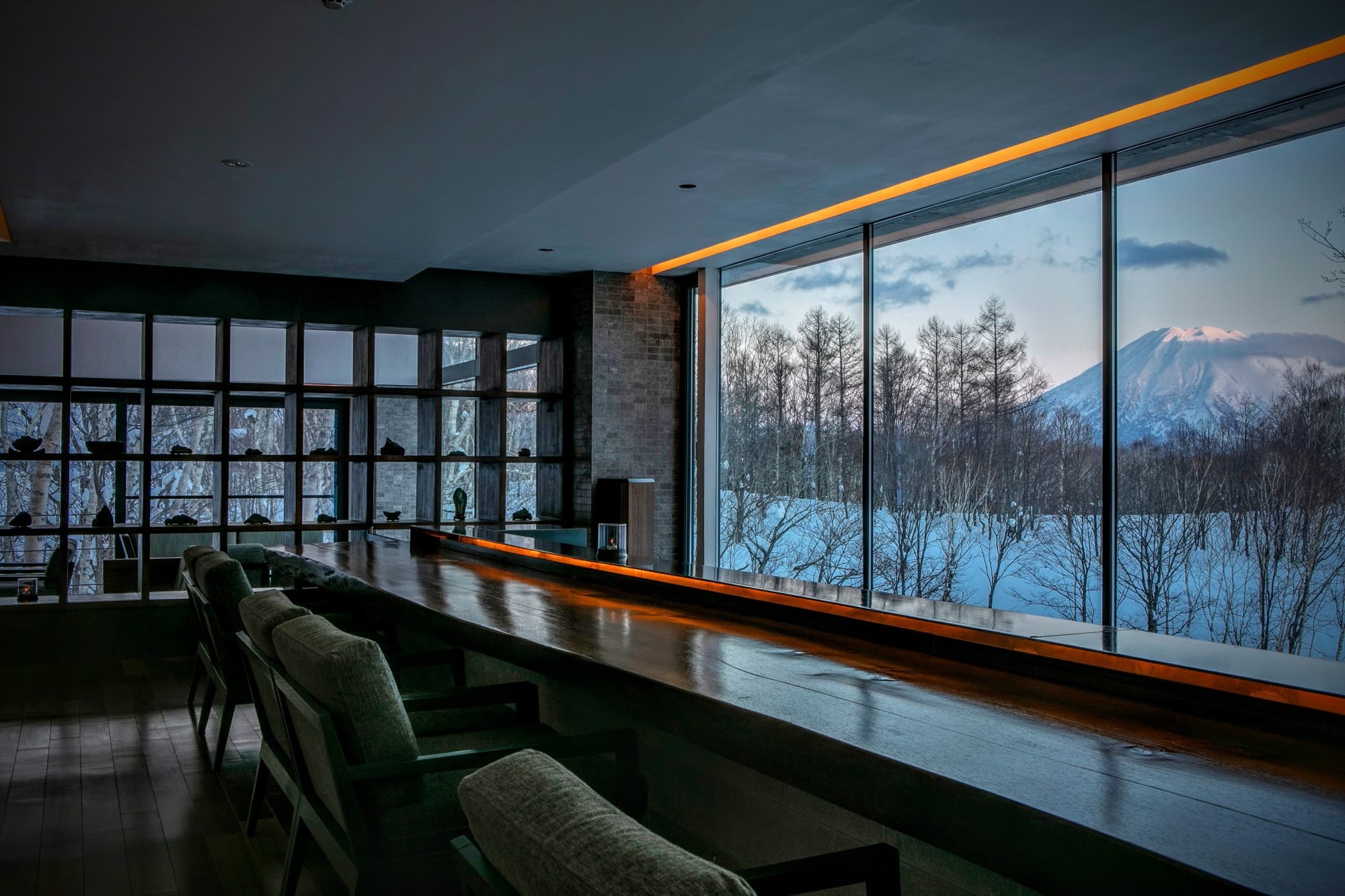
The Ryokan Collection was Japan’s first consortium of such inns. Formed in 2004, it features 47 luxury ryokan across Japan. “All our member ryokans must pass a rigorous screening process to make sure they are the best of the best,” claims CEO Hiroki Fukunaga.
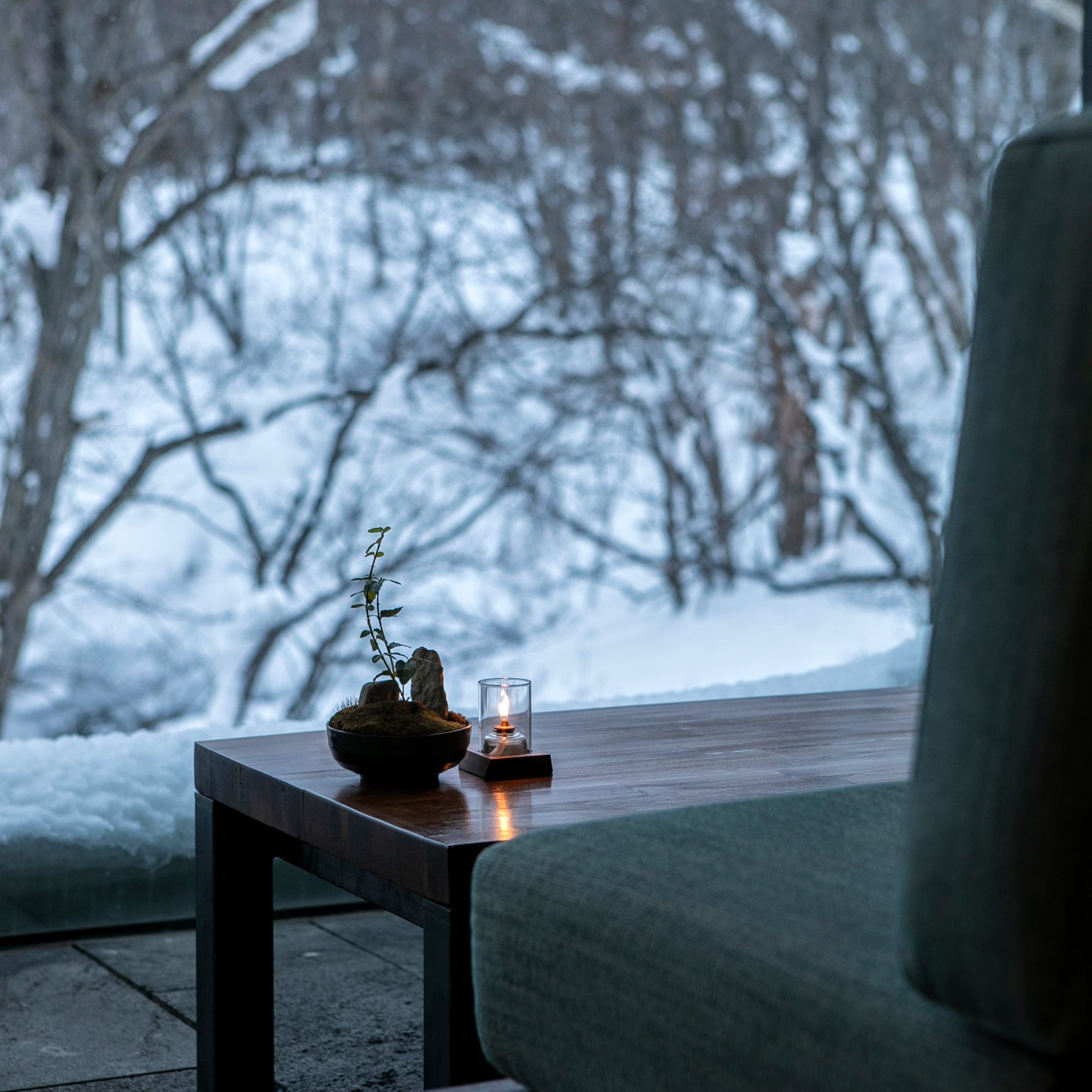
Omotenashi hospitality
Another aspect that makes a stay in a Japanese ryokan or onsen resort so appealing is the dedication to omotenashi, the principle of hospitality. Fukunaga continues, “Our ryokan owners are celebrities from their respective regions. We can provide various special experiences for visitors by making use of these networks.” Guests can expect an attention to detail that ensures the utmost in hospitality and that their every desire is catered for.
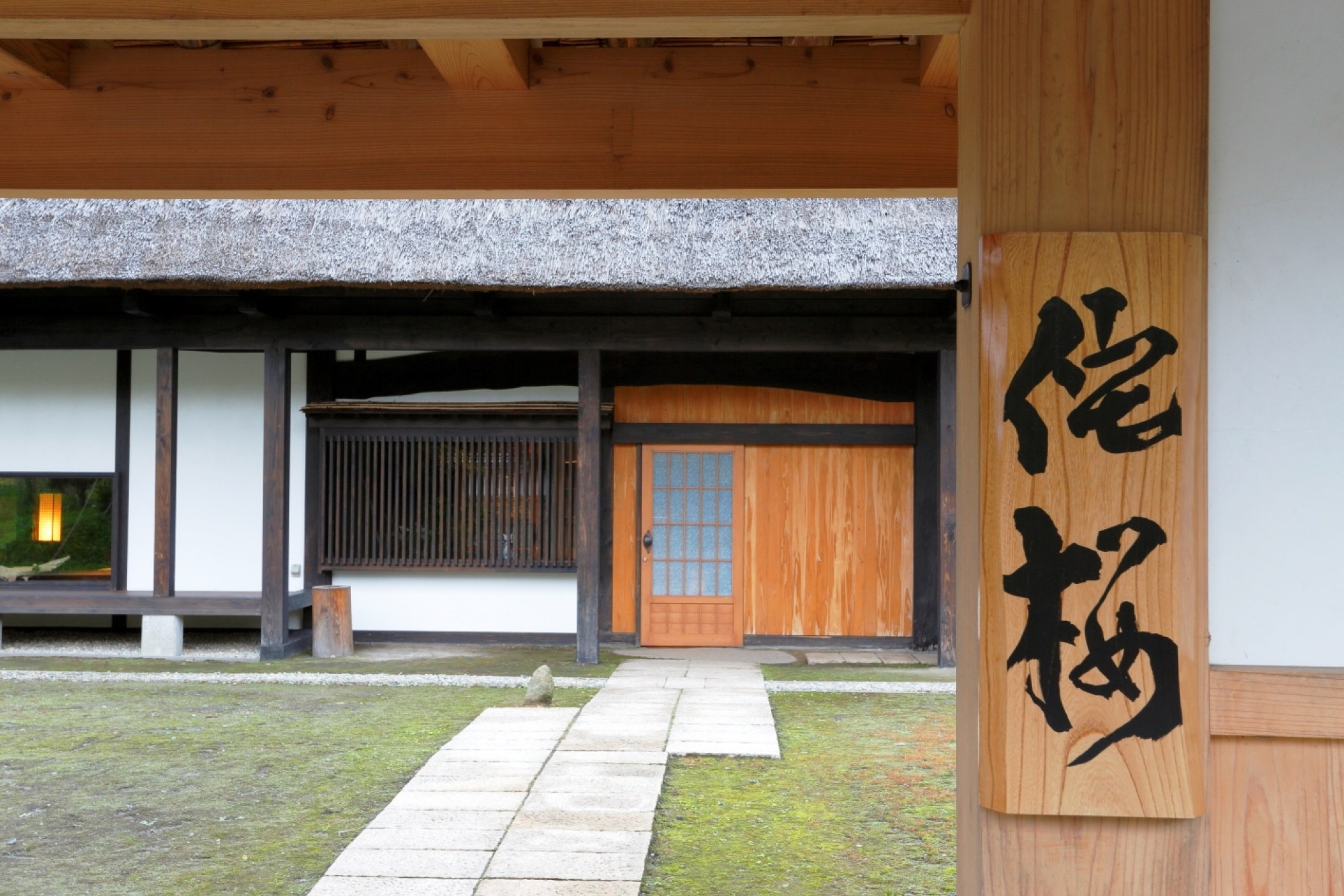
Another ryokan where the omotenashi hospitality knows no limits is located in the prefecture of Akita in northern Honshu. Wabizakura was converted from an old chalet and lies a short distance from the ancient samurai town of Kakunodate and the banks of Lake Tazawa.
Situated in an area very rich in natural onsen, the ryokan of course features its own private baths, along with a stargazing deck for guests to enjoy the tranquillity of the night sky while they bathe. This aspect of Wabizakura is a key feature that draws guests.
Inside Jeff Bezos’ shiny new US$500 million Koru megayacht and Abeona vessel
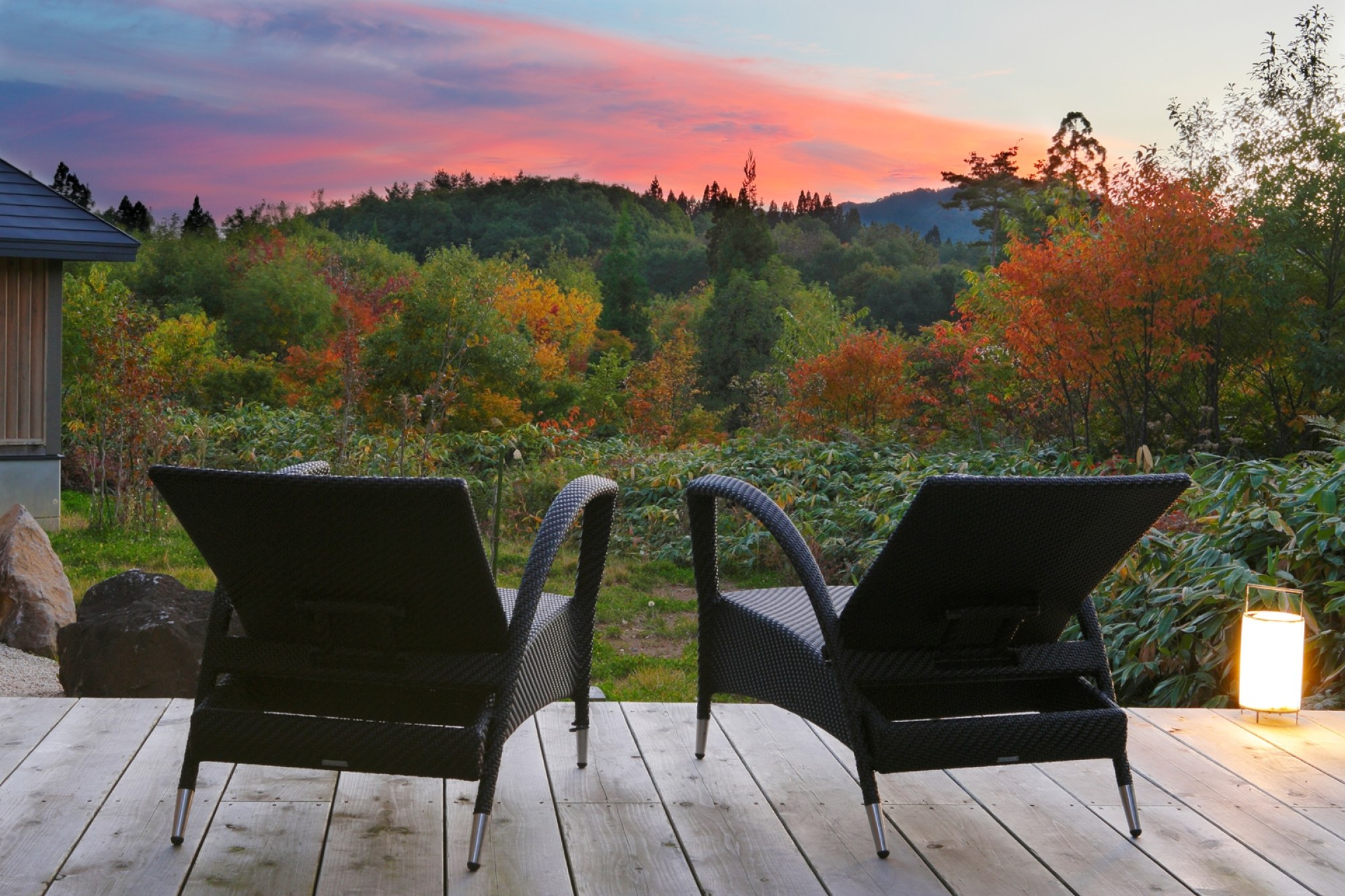
Ayumi Takahashi, of the ryokan’s guest relations team, emphasises this point: “Perfect for stargazing, our area, Kadoya, is known for its clear skies, virgin landscape and nostalgic history.”
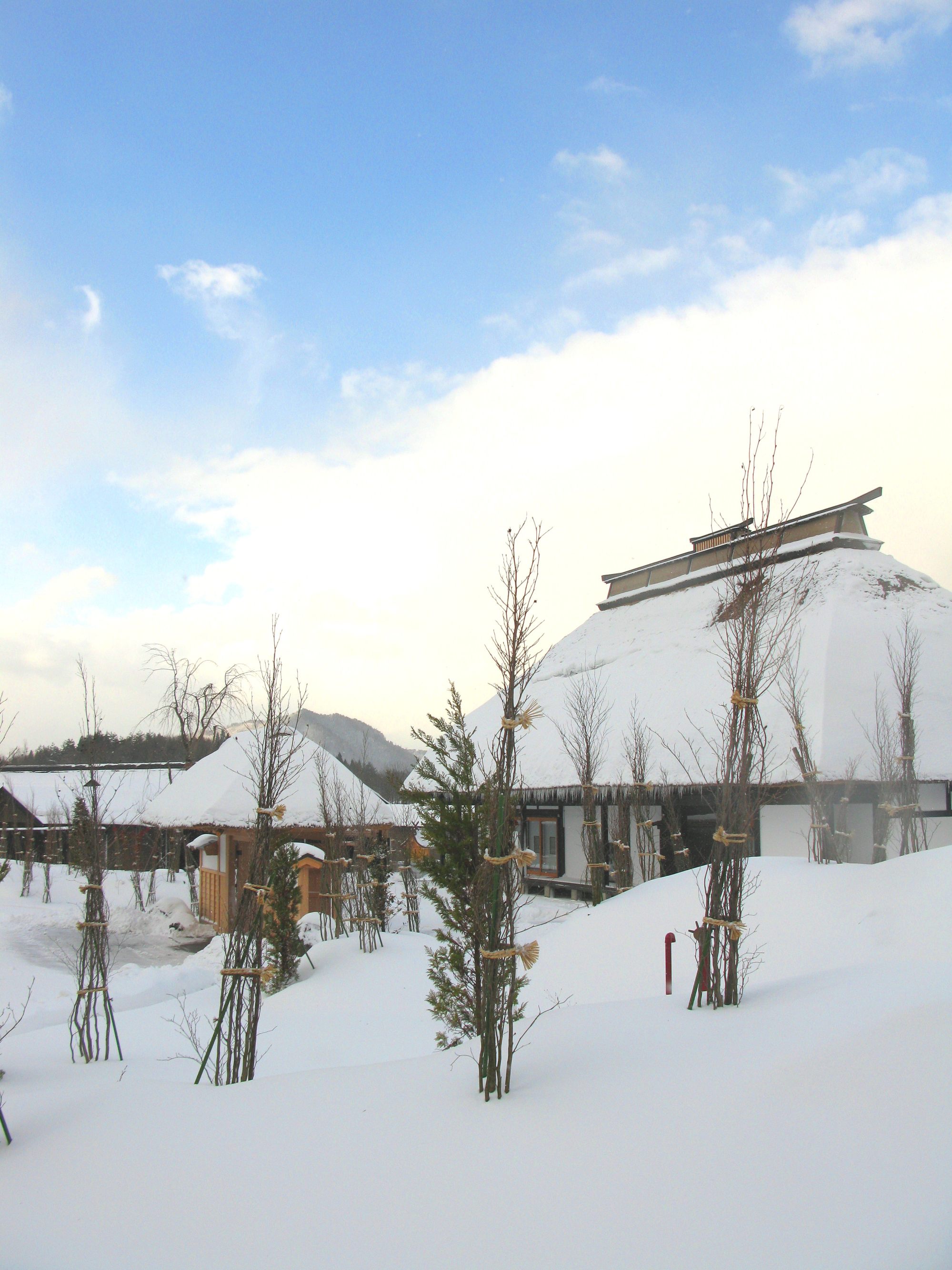
New turn
However, not all ryokans and onsens are wholly traditional in style. Increasingly, some resorts are bringing guests a Japanese experience with a modern twist. Zaborin, in the noted ski area of Niseko on Japan’s wild northern island of Hokkaido, for instance, blends the authentic ryokan experience with contemporary touches such as art exhibitions.
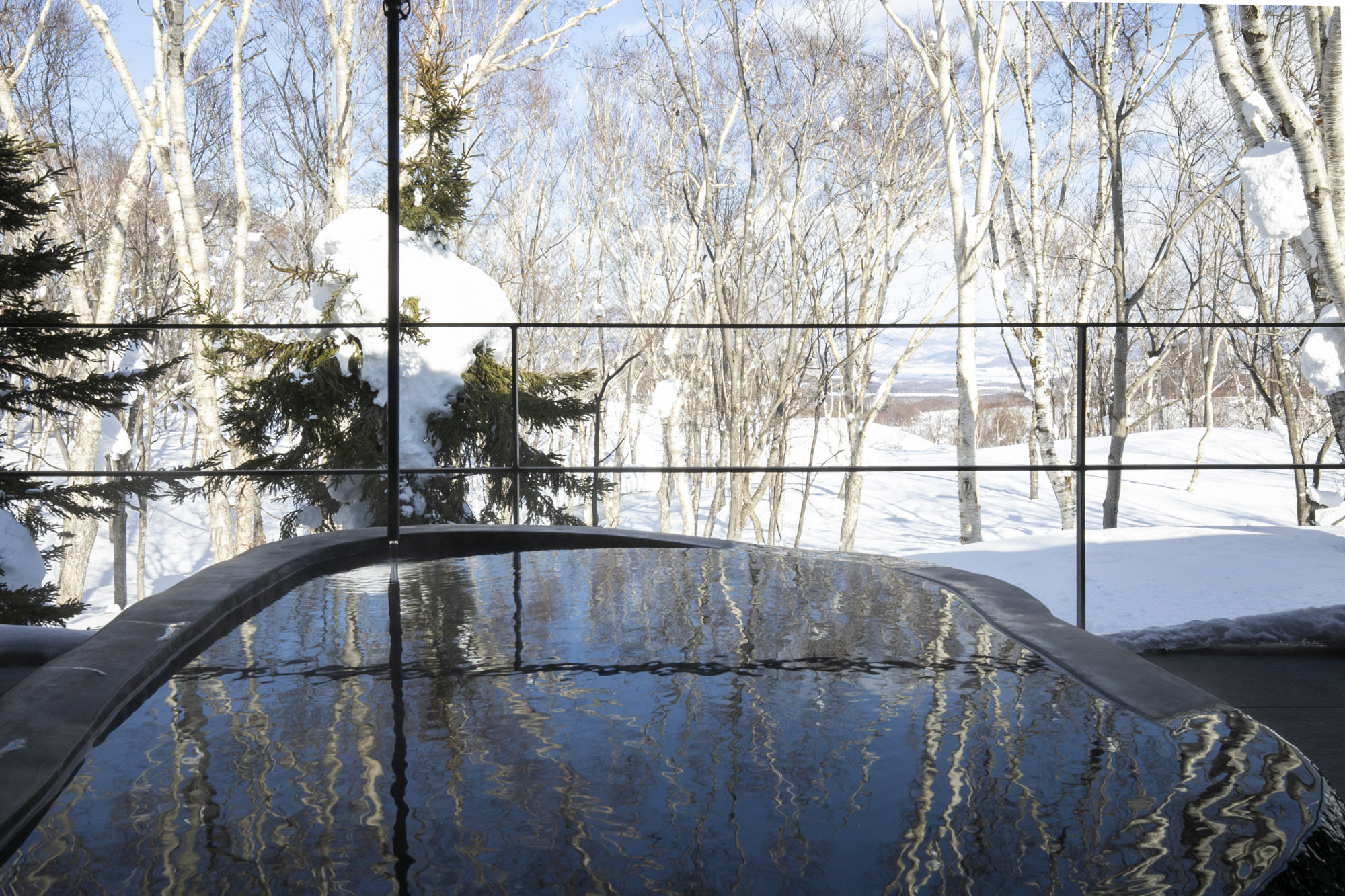
Zaborin also features indoor and outdoor onsen surrounded by white birch forest. The resort’s head of marketing and communications, Tomoko Maruya, notes that guests are invited not simply to bathe but to experience the essence of onsen: “It’s not only about cleaning yourself but it’s also about experiencing tranquillity and revitalisation of the rich minerals in the hot water.”
Varied experiences
One of the best aspects of ryokan and onsen though is that they are evergreen: the changing of the seasons merely means different cuisine and experiences are on the menu. Plus, as any keen skier or boarder will tell you, lying back in an onsen rarely feels better than when the snow lies thick all about and your limbs are aching from a day on the slopes.
8 luxury spas and treatments that the stars swear by
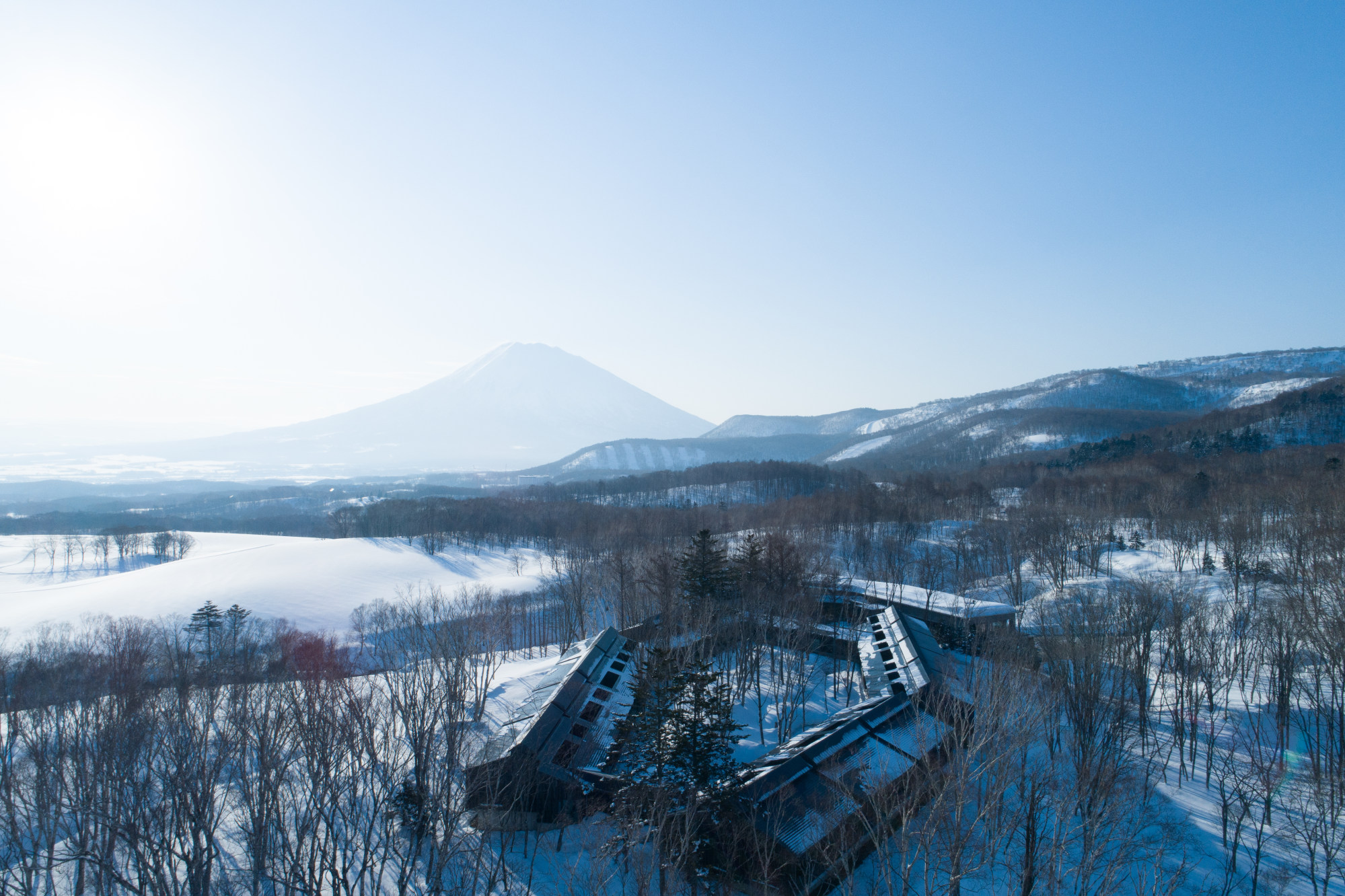
As Hiroki Fukunaga of The Ryokan Collection puts it, “Each region has their own seasonal character. Also every season has its own seasonal food available so whenever you come to Japan, you will have a great experience.”
Japan offers visitors myriad opportunities for exploration. Happily it is in the pursuit of true relaxation where visitors can connect with ages-old traditions that bring deepening cultural understanding at the same time as a sense of recharge.
In onsen and ryokan across the country, open-minded visitors to Japan can experience their own moment of zen.

- In Japan, the epitome of chilling out is having a soak in an inn’s hot springs – and The Ryokan Collection is a good place to start, with over 47 luxury ryokans across the nation
- From snowy Hokkaido to the subtropical beaches of Kyushu, the embrace of onsen and ryokan culture is varied – from offering an authentic taste of local life to the very best in luxury experience